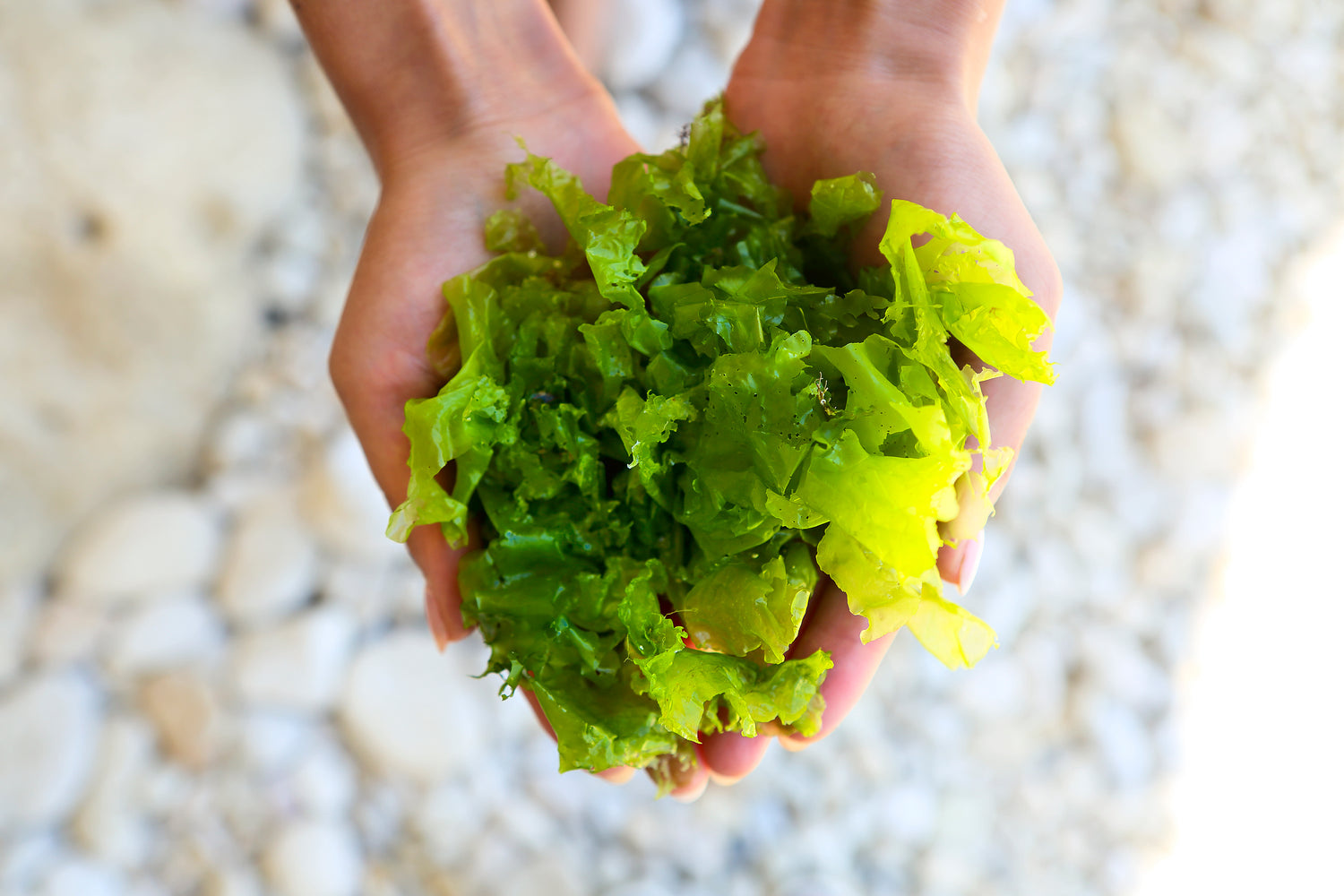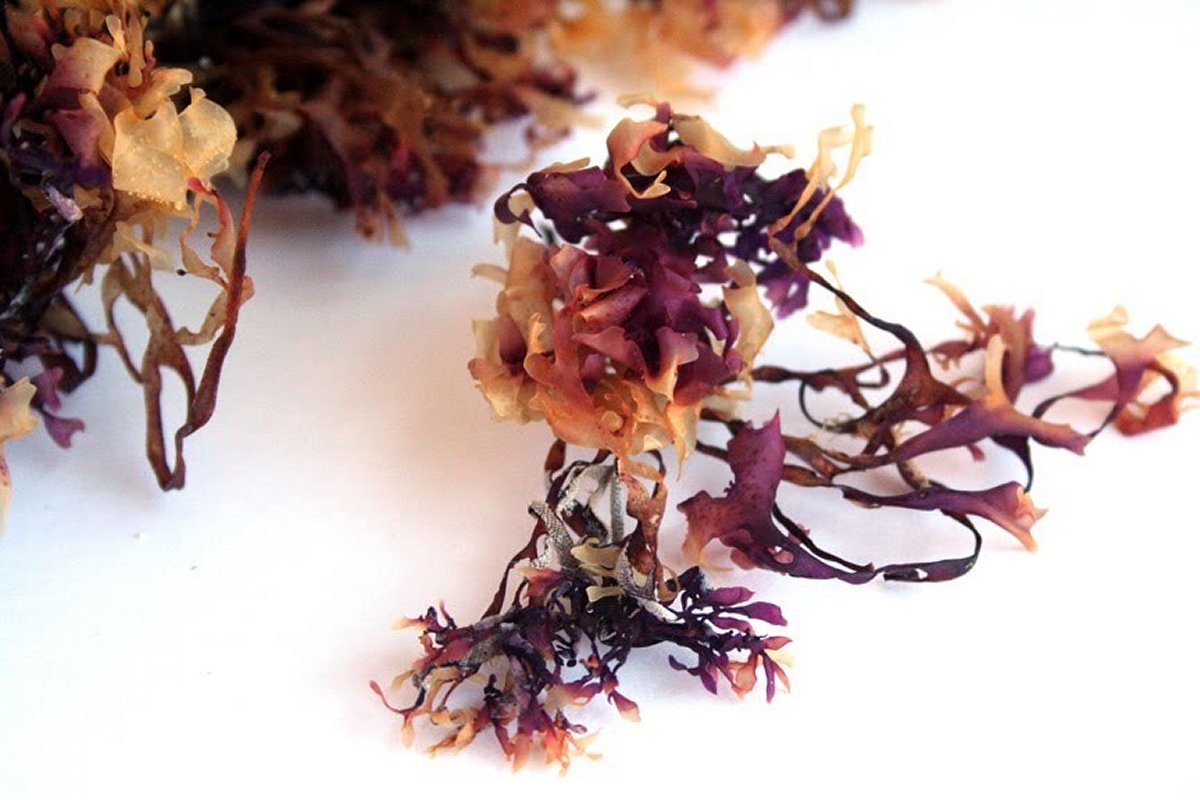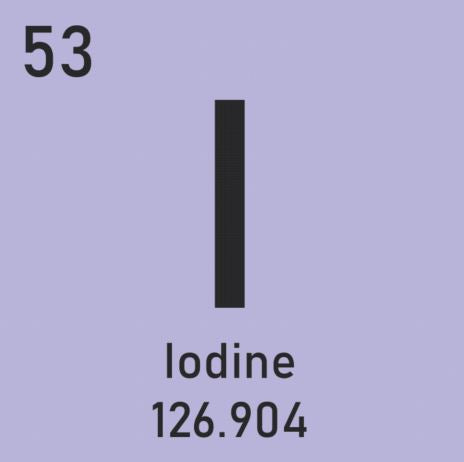Never before have we been exposed to as many harmful chemicals and toxic substances as we are today. ‘Detoxing’ has become a popular buzzword, with many claims about cleaning and detoxing your body. Our bodies naturally perform a continual detoxing function, neutralising and eliminating dietary and environmental toxins from the body to keep us healthy. However, our bodies can become overwhelmed when there is too much to process, leading to harmful substances being stored in our tissues. Our ability to regulate and defend the body from illness is reduced when this happens. There are five aspects to how eating more seaweed detoxes, holistically promoting healing and the flushing out of toxins:
1. Seaweeds are rich in iodine and minerals, which promote a healthy metabolism.
Improved metabolism will stimulate the liver, kidney, skin, and intestines to drive stored toxins out of the body and improve blood circulation. Adding iodine rich seaweeds in small amounts regularly can help to boost thyroid function. It’s easy to add small pieces of seaweed to everyday life to support this process.
2. Seaweeds, like land plants, are rich in chlorophyll
Chlorophyll is a powerful cleaner that purifies the bodily fluids, such as blood and lymph, that are transported throughout our body to our organs for better overall health. Increasing ocean and land plant protein consumption can help purify our bodies gently.
3. Seaweeds contain unique bioactive compounds not found in land plants.
Adding seaweed to your diet is beneficial to health as it contains unique bioactives which can help to remove: radioactive elements, heavy metals, free radicals, and other environmental pollutants from our bodies. Examples of the individual compounds sea vegetables contain (which are not necessarily available from the consumption of land vegetables alone) include:
- Alginates (which remove environmental toxins and radioactive particles)
- Fucoidan (which controls the growth of pathogenic bacteria, fungi and viruses and has been shown to inhibit the growth of cancer cells without harming our healthy cells, and it may prevent tumours from spreading or metastasising)
- Laminarin (a potential modulator of intestinal metabolism) and lignan (which contain phytonutrients high in antioxidants and may help regulate hormone levels).
4. Seaweeds have high combinations of beneficial soluble plant fibre.
Soluble fibre forms a viscous gel in the intestinal tract, whereas insoluble fibre bulks up. Both forms of fibre bind water or minerals, which can ferment in the intestine for colonic microflora to feed on. This offers health benefits such as prebiotics and facilitating the binding, lubricating, and evacuating of toxins. A study of the faecal flora of Japanese women showed that high seaweed intake increased the good bacteria in the gut, which led to positive effects on health. Some red seaweeds like Agar and Irish Moss also have a mild laxative effect helping to eliminate waste from our system.
5. Seaweeds are rich in antioxidants, anti-viral, anti-parasitic & anti-fungal properties.
New York University’s Langone Medical Centre found that snacking on seaweed could give your liver an antioxidant boost as well as decrease fat deposits in the liver. A study published in the November 2012 issue of Food Chemistry stated that certain seaweeds may improve liver function by reducing cholesterol and triglyceride levels and providing antioxidant benefits.
The benefit of detoxing with seaweed (algae) is that it supports holistic, gentle cleansing through a whole-food approach. Add a small amount of seaweed to what you are already doing for simple, effective and sustainable habits. Check our recipe section for inspiration on how small amounts of seaweed can easily be incorporated into most meals.







